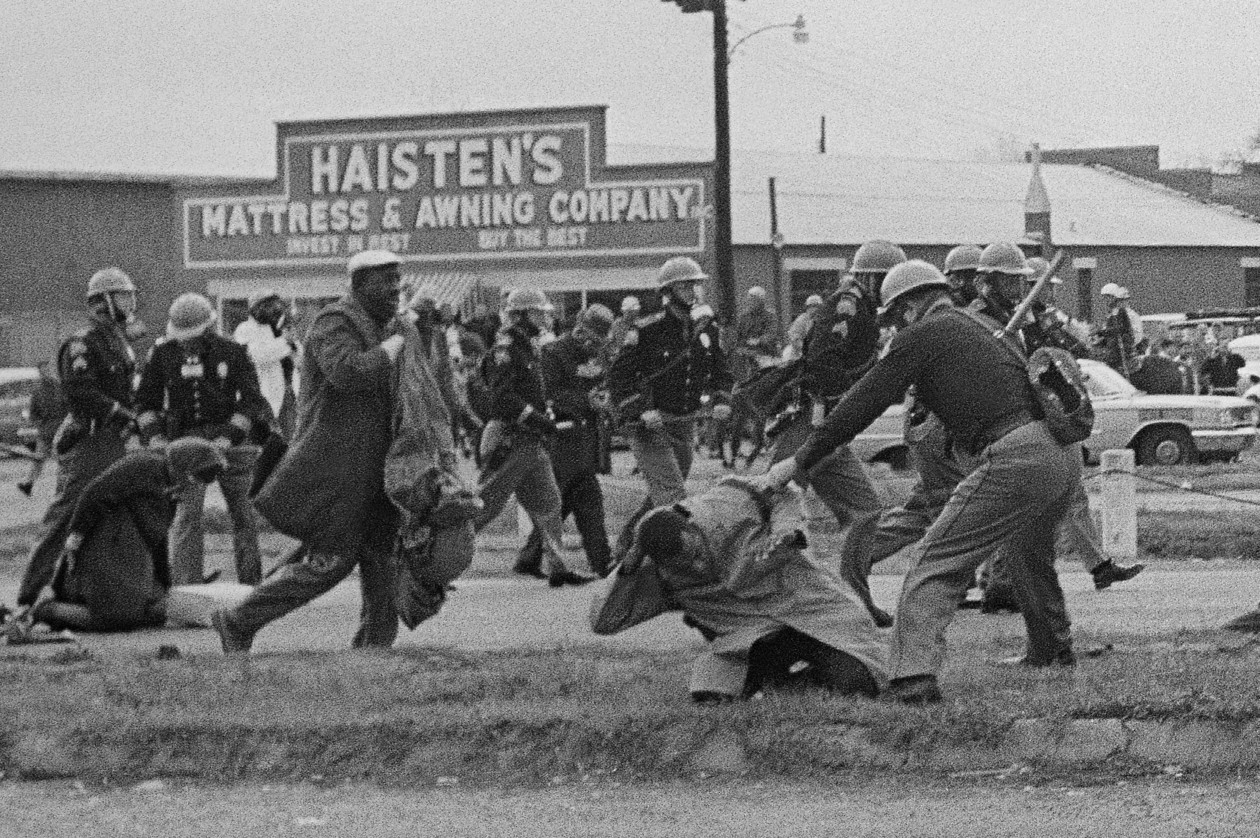Blog

“If you can’t get rid of the skeleton in your closet, you’d best teach it to dance.” George Bernard Shaw

Friday March 7th 2025 6pm Music with Inbal Sharett-Singer, Jayson Rodovsky, Jeff Bailey, Pete Whitman and mick laBriola.
more...
Very faint planetary nebula Abell 7 is about 1,800 light-years distant. It lies just south of Orion in planet Earth’s skies toward the constellation Lepus, The Hare. Surrounded by Milky Way stars and near the line-of-sight to distant background galaxies its generallysimple spherical shape, about 8 light-years in diameter, is revealed in this deep telescopic image. Within the cosmic cloud are beautiful and complex structures though, enhanced by the use of long exposures and narrowband filters that capture emission from hydrogen, sulfur, and oxygen atoms. Otherwise Abell 7 would be much too faint to be appreciated by eye. A planetary nebula represents a very brief final phase in stellar evolution that our own Sun will experience 5 billion years hence, as the nebula’s central, once sun-like star shrugs off its outer layers. Abell 7 itself is estimated to be 20,000 years old. But its central star, seen here as a fading white dwarf, is some 10 billion years old.

more...
Patrick Michael Clancy (7 March 1922 – 11 November 1998), usually called Paddy Clancy or Pat Clancy, was an Irish folk singer best known as a member of the Clancy Brothers and Tommy Makem. In addition to singing and storytelling, Clancy played the harmonica with the group, which is widely credited with popularizing Irish traditional music in the United States and revitalizing it in Ireland. He also started and ran the folk music label Tradition Records, which recorded many of the key figures of the American folk music revival.
more...Alcide Louis “Slow Drag” Pavageau (March 7, 1888 – January 19, 1969) was an American jazz double bassist and guitarist.
more...Joseph Maurice Ravel (7 March 1875 – 28 December 1937) was a French composer, pianist and conductor. He is often associated with Impressionism along with his elder contemporary Claude Debussy, although both composers rejected the term. In the 1920s and 1930s Ravel was internationally regarded as France’s greatest living composer.
Born to a music-loving family, Ravel attended France’s premier music college, the Paris Conservatoire; he was not well regarded by its conservative establishment, whose biased treatment of him caused a scandal. After leaving the conservatoire, Ravel found his own way as a composer, developing a style of great clarity and incorporating elements of modernism, baroque, neoclassicism and, in his later works, jazz. He liked to experiment with musical form, as in his best-known work, Boléro (1928), in which repetition takes the place of development. Renowned for his abilities in orchestration, Ravel made some orchestral arrangements of other composers’ piano music, of which his 1922 version of Mussorgsky‘s Pictures at an Exhibition is the best known.
A slow and painstaking worker, Ravel composed fewer pieces than many of his contemporaries. Among his works to enter the repertoire are pieces for piano, chamber music, two piano concertos, ballet music, two operas and eight song cycles; he wrote no symphonies or church music. Many of his works exist in two versions: first, a piano score and later an orchestration. Some of his piano music, such as Gaspard de la nuit (1908), is exceptionally difficult to play, and his complex orchestral works such as Daphnis et Chloé (1912) require skilful balance in performance.
Ravel was among the first composers to recognise the potential of recording to bring their music to a wider public. From the 1920s, despite limited technique as a pianist or conductor, he took part in recordings of several of his works; others were made under his supervision.
more...
It was originated in the late 19th century. In “Sinfonía Virtual” magazine Guillermo Castro documented that the term “bulería” was used for the first time in the 17th century, but it didn’t acquire its flamenco meaning until the early 20th century.
more...Walter E. “Furry” Lewis (March 6, 1893 or 1899 – September 14, 1981) was an American country blues guitarist and songwriter from Memphis, Tennessee. He was one of the earliest of the blues musicians active in the 1920s to be brought out of retirement and given new opportunities to record during the folk blues revival of the 1960s.
more...Beautiful island universe Messier 94 lies a mere 15 million light-years distant in the northern constellation of the hunting dogs, Canes Venatici. A popular target for earth-based astronomers, the face-on spiral galaxy is about 30,000 light-years across, with spiral arms sweeping through the outskirts of its broad disk. But this Hubble Space Telescope field of view spans about 7,000 light-years or so across M94’s central region. The sharp close-up examines the galaxy’s compact, bright nucleus and prominent inner dust lanes, surrounded by a remarkable bluish ring of young, massive stars. The massive stars in the ring appear to be less than about 10 million years old, indicating the galaxy experienced a corresponding well-defined era of rapid star formation. As a result, while the small, bright nucleus is typical of the Seyfert class of active galaxies, M94 is also known as a starburst galaxy. Because M94 is relatively nearby, astronomers can explore in detail reasons for the galaxy’s burst of star formation.

Flora Purim (born March 6, 1942) is a Brazilian jazz singer known primarily for her work in the jazz fusion style. She became prominent for her part in Return to Foreverwith Chick Corea and Stanley Clarke. She has recorded and performed with numerous artists, including Dizzy Gillespie, Gil Evans, Opa, Stan Getz, George Duke, Mickey Hartof the Grateful Dead, Santana, Jaco Pastorius, and her husband Airto Moreira.
In 2002, Purim was the recipient of one of Brazil’s highest awards, the 2002 Ordem do Rio Branco for Lifetime Achievement. She has been called “The Queen of Brazilian Jazz”.
more...Howard McGhee (March 6, 1918 – July 17, 1987 Tulsa, OK)was one of the first American bebop jazz trumpeters, with Dizzy Gillespie, Fats Navarro and Idrees Sulieman. He was known for his fast fingering and high notes. He had an influence on younger bebop trumpeters such as Fats Navarro.
more...John Leslie “Wes” Montgomery(March 6, 1923 – June 15, 1968) was an American jazz guitarist. Montgomery was known for his unusual technique of plucking the strings with the side of his thumb and for his extensive use of octaves, which gave him a distinctive sound.
more...Wilbur “Doc” Little (March 5, 1928 – May 4, 1987) was an American jazz bassist known for playing hard bop and post-bop.
Little originally played piano, but switched to double bass after serving in the military. In 1949 he moved to Washington, D.C., where he worked with “Sir” Charles Thompson, among others. After that, he was in J. J. Johnson‘s quintet from 1955 to 1958. He was the bassist on pianist Tommy Flanagan’s first studio album, recorded when he and Flanagan were touring in Europe as members of Johnson’s band.
Little moved to the Netherlands in 1977 and lived there for the rest of his life.
more...On the right, dressed in blue, is the Pleiades. Also known as the Seven Sisters and M45, the Pleiades is one of the brightest and most easily visible open clusters on the sky. The Pleiades contains over 3,000 stars, is about 400 light years away, and only 13 light years across. Surrounding the stars is a spectacular blue reflection nebula made of fine dust. A common legend is that one of the brighter stars faded since the cluster was named. On the left, shining in red, is the California Nebula. Named for its shape, the California Nebula is much dimmer and hence harder to see than the Pleiades. Also known as NGC 1499, this mass of red glowing hydrogen gas is about 1,500 light years away. Although about 25 full moons could fit between them, the featured wide angle, deep field image composite has captured them both. A careful inspection of the deep image will also reveal the star forming region IC 348 and the molecular cloud LBN 777 (the Baby Eagle Nebula).

Heitor Villa-Lobos (March 5, 1887 – November 17, 1959) was a Brazilian composer, conductor, cellist, and classical guitarist described as “the single most significant creative figure in 20th-century Brazilian art music”. Villa-Lobos has become the best-known South American composer of all time. A prolific composer, he wrote numerous orchestral, chamber, instrumental and vocal works, totaling over 2,000 works by his death in 1959. His music was influenced by both Brazilian folk music and stylistic elements from the European classical tradition, as exemplified by his Bachianas Brasileiras (Brazilian Bach-pieces) and his Chôros. His Etudes for classical guitar (1929) were dedicated to Andrés Segovia, while his 5 Preludes (1940) were dedicated to his spouse Arminda Neves d’Almeida, a.k.a. “Mindinha”. Both are important works in the classical guitar repertory.
more...More Posts
- Oliver Nelson
- Teddy Kotick
- Flamenco Fridays with Sabicas
- Daily Roots with Andrew Jones
- The Cosmos with NGC 5139
- Curtis Mayfield
- Grachan Moncur III
- Ted Curson
- Jimmy Rogers
- Josephine Baker
- World Music with Ahemaa Nwomkro
- Daily Roots with King Shiloh
- The Cosmos with the Milky Way Galactic Center
- Charlie Watts
- Gildo Mahones
- Valaida Snow
- Edward Elgar
- World Music with Zawiercha
- Daily Roots with Colah Colah
- The Cosmos with M42 & Satellites
